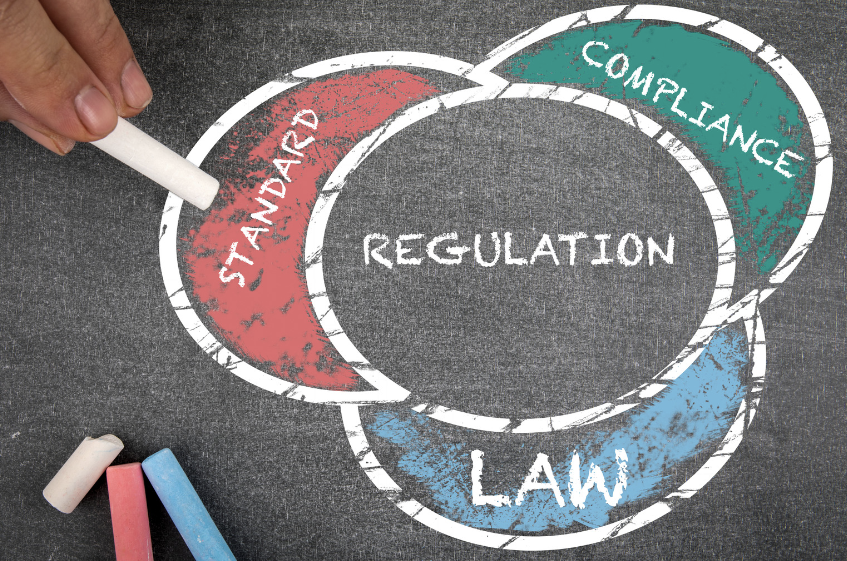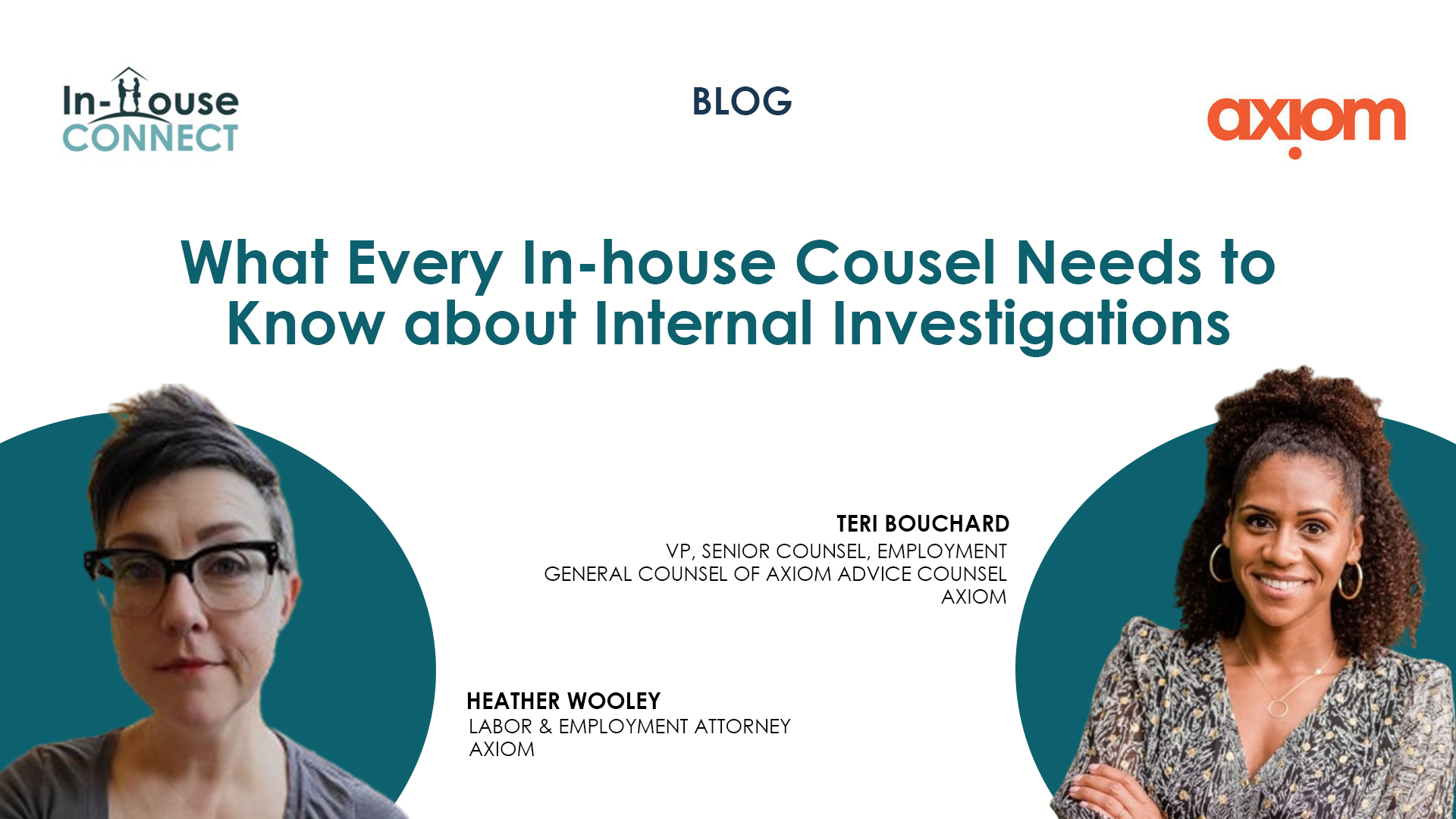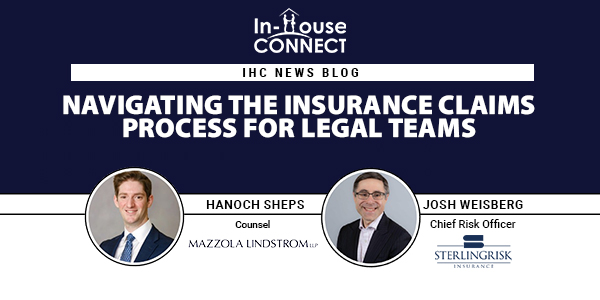The recent webinar “Navigating AI Regulations for In-House Counsel: A Deep Dive into US and EU Regulations,” hosted by Clifford Chance, offered a comprehensive look into the evolving legal landscape of AI. With expert insights from Devika Kornbacher, and Dr. Holger Lutz, the session covered key regulatory challenges that businesses must address to ensure compliance and avoid legal pitfalls.
Below are the top five takeaways from the discussion:
- AI Regulations Are Rapidly Evolving Globally
AI regulations are advancing at a swift pace across the globe. The EU AI Act, now nearing enforcement, and various state-level regulations in the US are reshaping how businesses deploy AI. These laws have a broad, extraterritorial scope, meaning businesses operating in multiple jurisdictions must prioritize compliance. Ignorance of these changes can expose companies to significant legal risks.
- Defining AI Systems Is Crucial for Compliance
One of the major points stressed during the webinar was the importance of understanding how AI systems are defined across different legal frameworks. Regulations classify AI systems in varying ways, from basic machine learning applications to high-risk AI systems, each with distinct obligations. Ensuring that your organization correctly categorizes its AI technologies is vital to navigating regulatory requirements effectively.
- Legal Diligence and Risk Management Are Essential
As AI becomes more embedded in business operations, legal diligence and risk management frameworks are becoming essential. Companies must protect themselves, especially in areas such as intellectual property and data privacy. A well-defined AI risk management strategy—one that involves multi-disciplinary teams and engages stakeholders at the board level—is key to mitigating legal exposure while supporting innovation.
- Transparency in AI Marketing and Disclosures Is Critical
The importance of transparency in marketing AI technologies was another highlight of the webinar. Organizations must be careful about how they promote their AI systems, particularly in how they represent their capabilities and limitations. Misleading disclosures can result in legal consequences, especially under AI-specific legislation that governs truth in marketing. Businesses must ensure their marketing is accurate and compliant with applicable regulations to avoid scrutiny from investors and regulators.
- Continuous Learning and Adaptation Are Vital
With the legal environment around AI evolving rapidly, the need for continuous training and adaptation cannot be overstated. Companies should regularly update their teams on new AI regulations and ensure they are prepared to manage the implications of AI on critical areas like supply chain resilience, cybersecurity, and contracting. Organizations that prioritize ongoing education and adaptation will be better positioned to navigate the future of AI governance.
As AI technology continues to transform industries, in-house counsel and business leaders must stay proactive and informed about the latest legal developments. Prioritizing compliance with AI regulations will not only protect businesses from legal risk but also foster responsible AI innovation.
Missed The Webinar? You can watch it now via IHC On-Demand!







